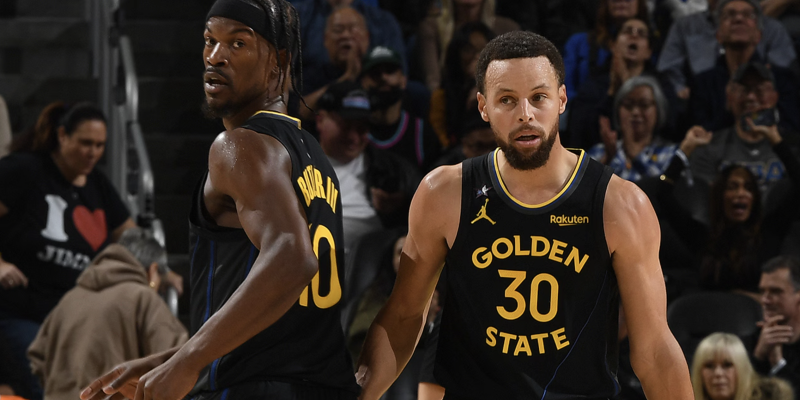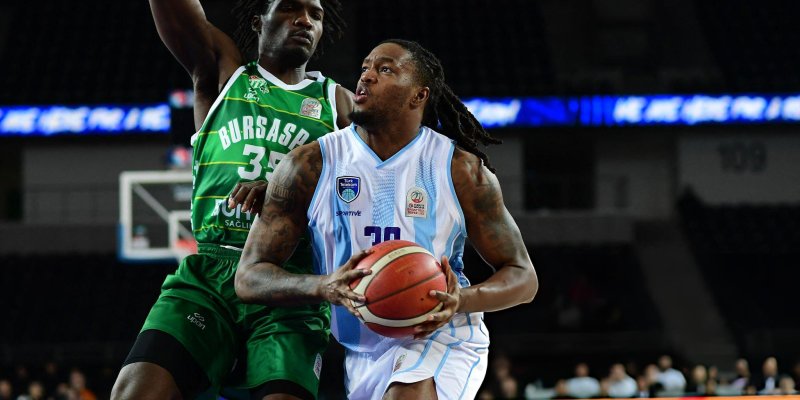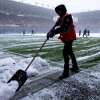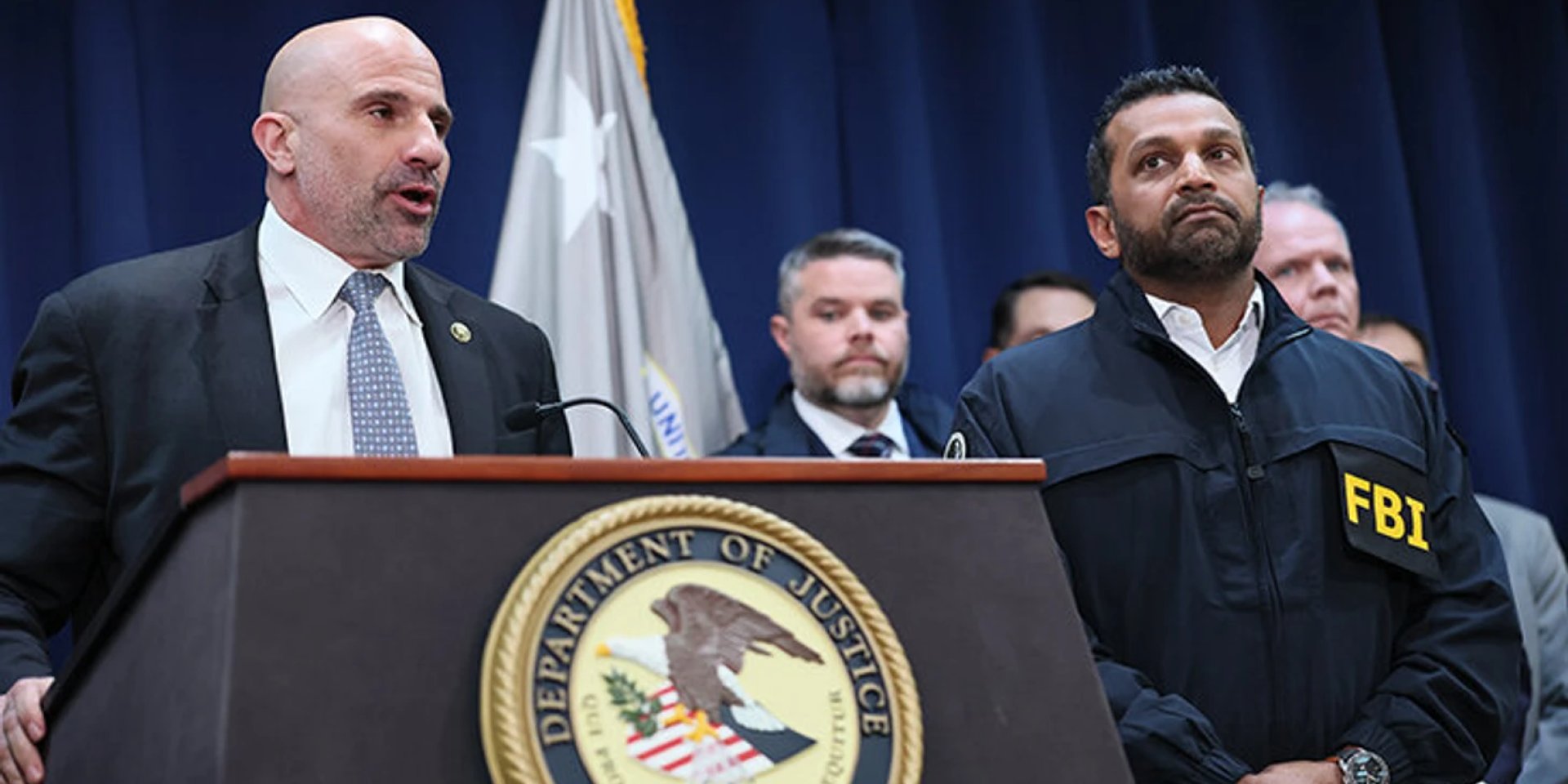
The start of the new season has been overshadowed by a major scandal. The league announced that Portland head coach Chauncey Billups and Miami scoring guard Terry Rozier are suspended until the federal investigation is complete. Law enforcement officials describe not isolated episodes but a full criminal system: parallel cases involving manipulation of sports statistics and illegal poker which, according to investigators, converge in shared financial channels controlled by the same groups. At an FBI press briefing, officials stressed the scale: dozens of participants, years of activity across multiple states, and millions in illicit proceeds.
A Season Under the Shadow of Scandal
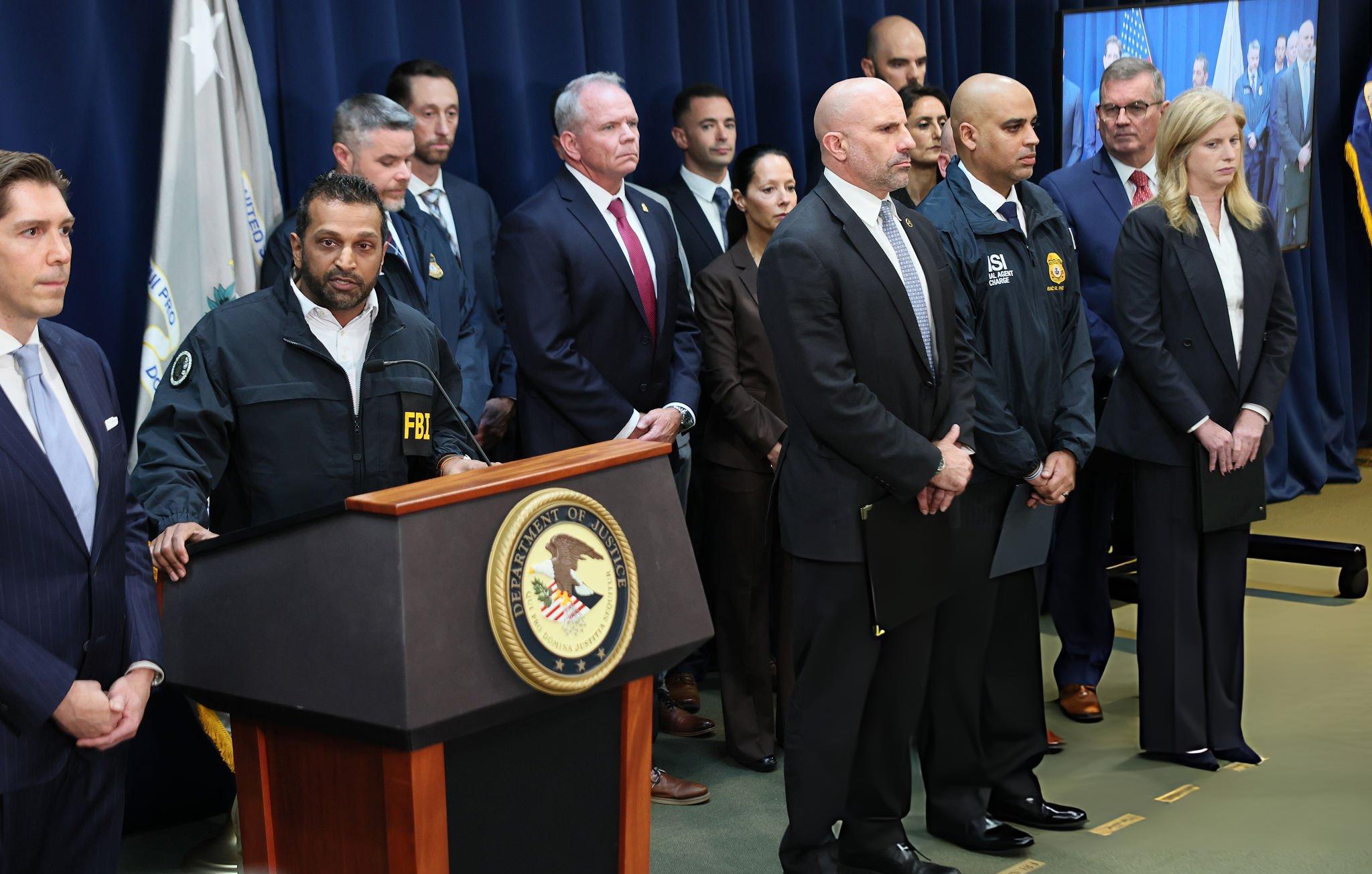
Official statements say three dozen people have been arrested, including figures connected to professional basketball. The language is severe — money laundering, extortion, wire fraud, illegal gambling. For the NBA, the key focus is on two public-facing figures: Rozier and Billups are part of different episodes but are linked by the organizers’ shared “bankroll.”
One Network — Two Cases
Investigators draw a clear line between the charges. Rozier is suspected of intentionally affecting his individual statistics for betting purposes. Billups, by contrast, is alleged to have been involved in underground poker tournaments: he reportedly served as a “magnet” for wealthy guests, fostering trust in closed games whose outcomes, it is claimed, were controlled in advance by the organizers. These stories do not intersect on the court, but, investigators say, they meet in the “money pipelines” — the channels through which profits flowed.
What Terry Rozier Is Accused of
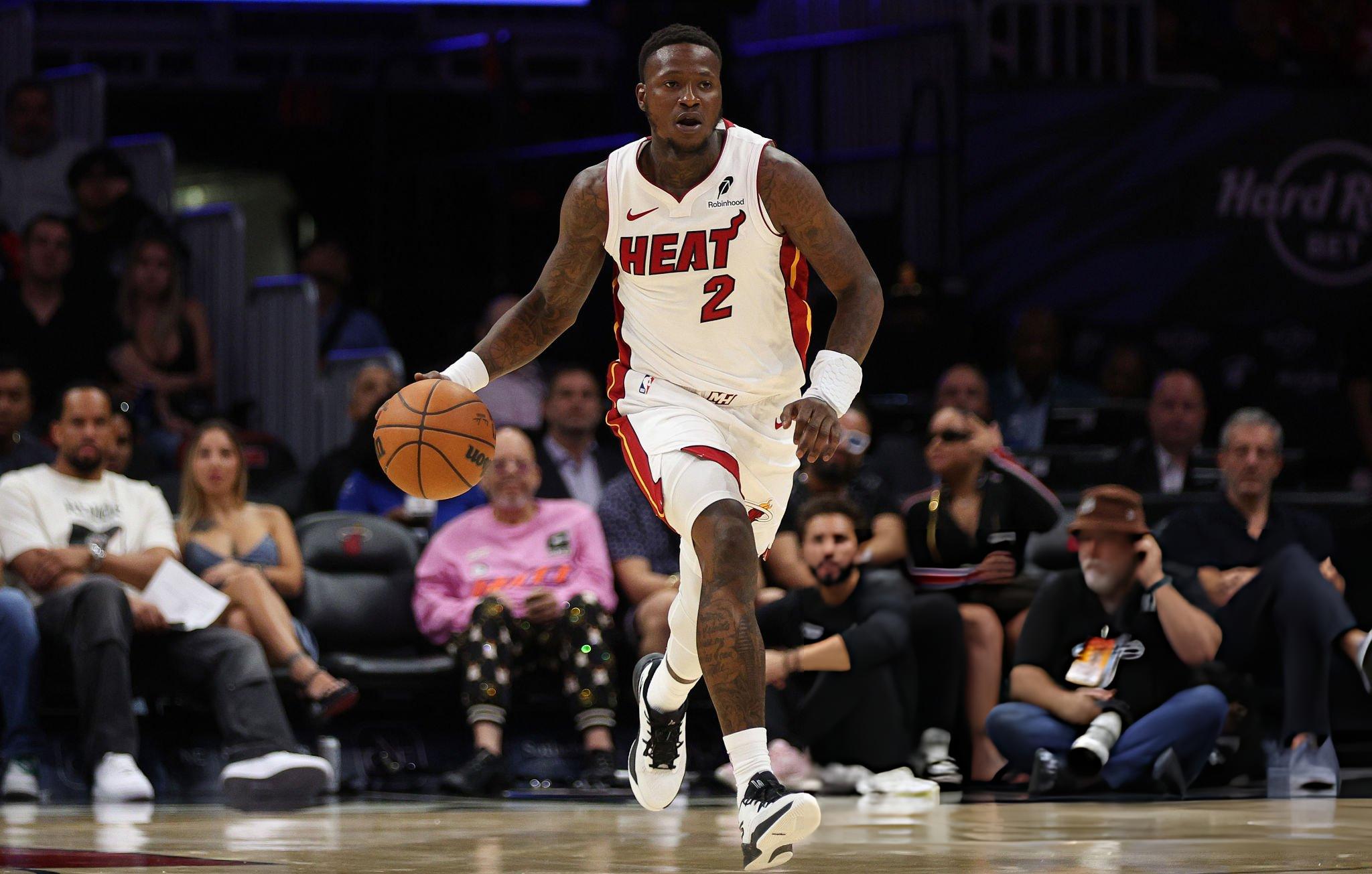
Suspicion centers on the game played by Rozier’s then-team Charlotte against New Orleans on March 23, 2023. Rozier logged fewer than ten minutes and left citing an injury. There were no obvious “plants” in the on-court sequences, but the rebound line stands out: four boards in a short span against a 2022/23 season average of 4.1. Against that backdrop, regulators homed in on anomalies in betting patterns: in July 2025 it emerged that one customer placed 30 prop bets in 46 minutes exclusively on Rozier’s individual metrics — totaling $13,759 — with a heavy tilt to unders. According to media reports, six sportsbooks flagged unusually large sums on the guard’s stats, including wagers on his personal rebound total (the largest wager — $2,700 on under 5.5 — was recorded at Harrah’s Gulf Coast).
How Abnormal Betting Patterns Put Investigators on the Trail
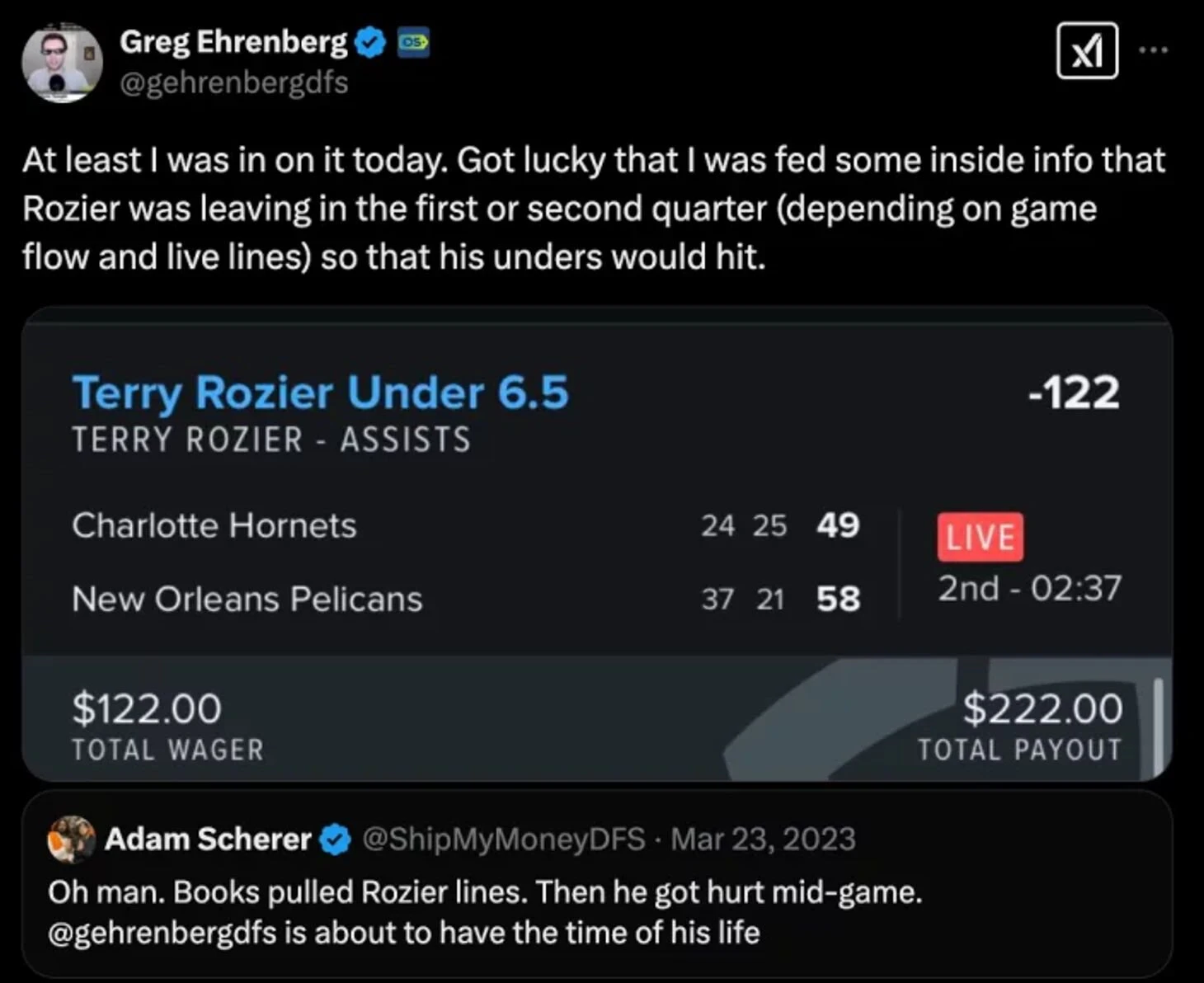
At first, one operator sought permission to withhold payment on the grounds of suspicious wagering, but the regulator demanded evidence — and, when none was produced, compelled the payout. Later, according to law enforcement, the case file surfaced an alleged contact between Rozier and another participant in the scheme — he purportedly signaled the “right” moment so the unders would hit. Public statements from officials are uncompromising: if conscious participation and direct material benefit are proven, the matter goes beyond sporting ethics into criminal territory — from wire fraud to conspiracy.
Chauncey Billups: A Magnet for Private Poker Nights
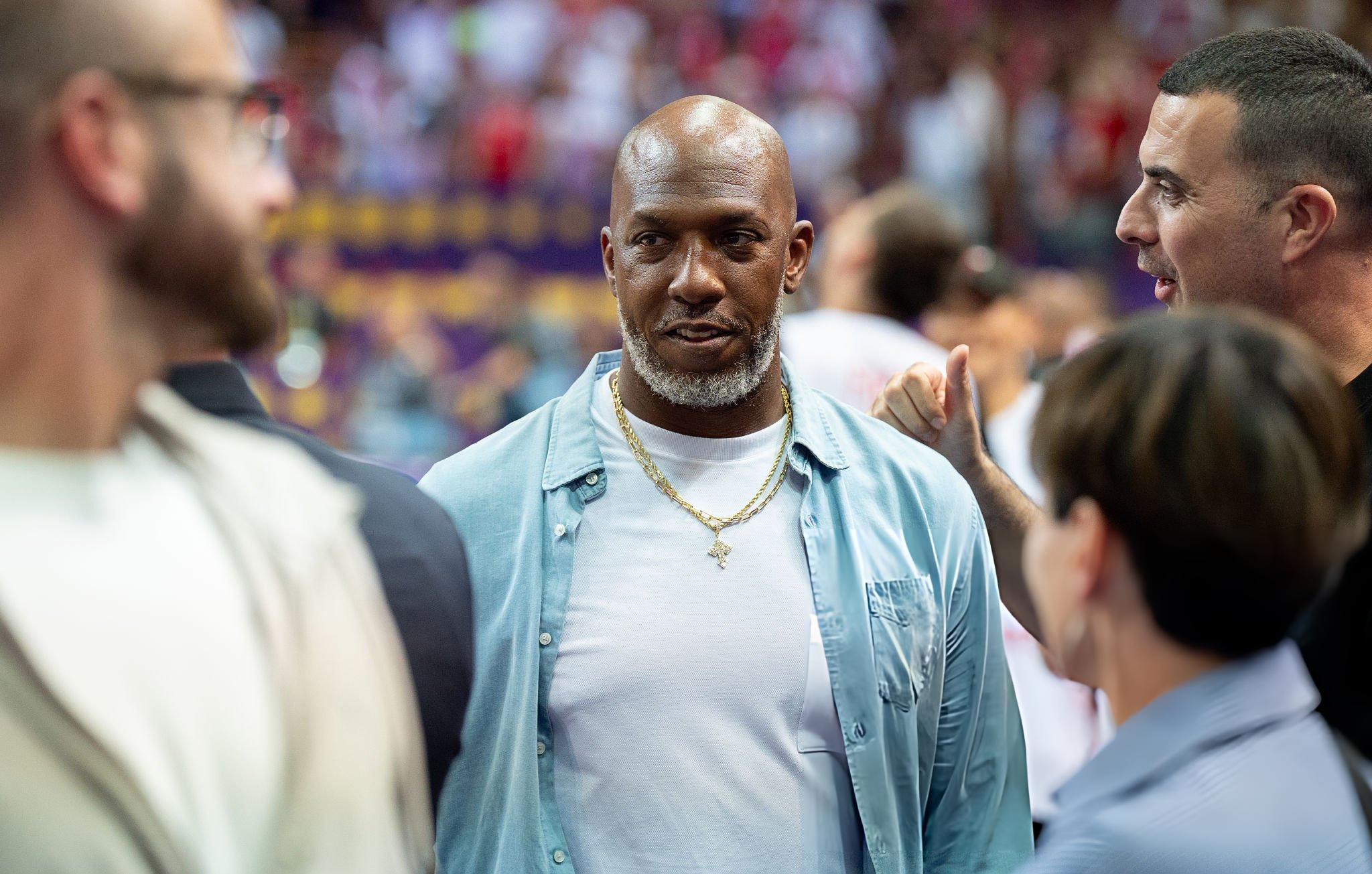
The Billups case is not about influencing NBA game outcomes; it is about illegal poker. Investigators allege that since 2022 Billups was used as the face to attract guests to high-stakes closed tournaments in Los Angeles, Las Vegas, and Miami. Prospective participants were promised an “elite club” and a unique experience — sitting at the same table as a star. Then — as investigators describe it — the mechanics kicked in: tables with cameras, card-reading devices, marked cards and chips, and preplanned seating designed to maximize profitability. Another detail: the compensation model was reportedly percentage-based; the more money lost by guests who came “for the Billups name,” the larger the coach’s cut. Per-night earnings could reach $50,000–$60,000.
Sanctions and the Legal Outlook
Expectations differ for the two principals. For Rozier, everything hinges on proving personal monetary gain and intent: if established, a real prison term is possible. The Jontay Porter case is often cited as a reference point — but the distinction matters: in that episode there was no proven tie to organized crime or direct profit from his own actions, so the penalty was limited to a basketball ban. In the present matter the charges are heavier, and authorities emphasize the criminal nature of the potential violations.
For Billups, sports-law experts anticipate a softer resolution: a heavy fine, a plea agreement, a suspended sentence — the typical outcome when neither an organizing role nor technical participation in fraud is proven. The coach has already been released on bail, and, according to chatter, his procedural strategy leans on the argument of being “unaware of the details” and only limited involvement.
What It Means for the League and the Betting Market
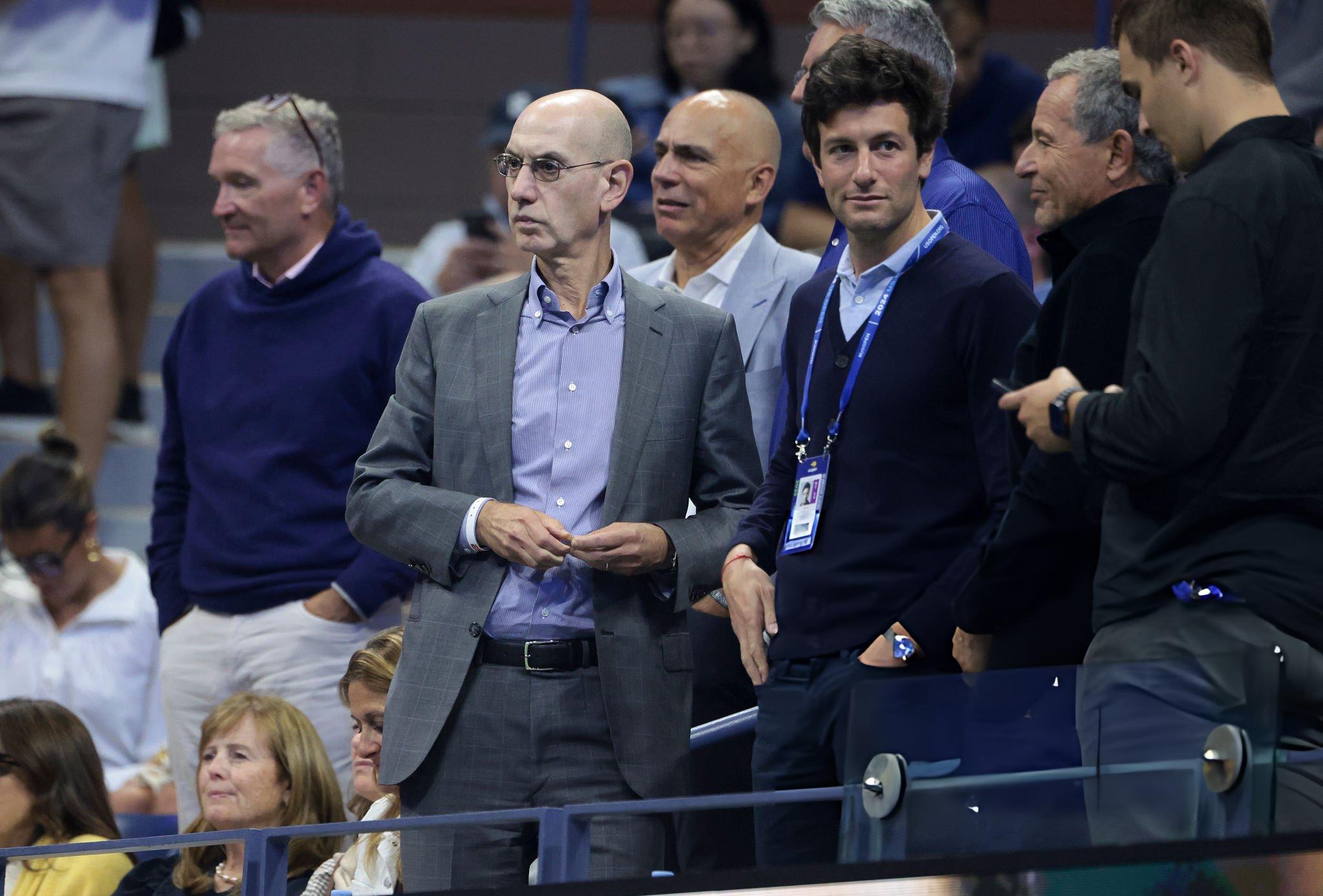
Player-focused prop bets have long worried the NBA. Commissioner Adam Silver said publicly over the summer that lines on individual markets need to be revisited: injuries, minute management, and coaching decisions are too easily weaponized for manipulation and create toxic pressure on athletes. Some operators have experimented with restricting props for players without guaranteed contracts, and the players’ union has repeatedly stated that if tighter regulation reduces risk, it will support those measures.
In practice, the industry is likely to accelerate de-risking: tighten monitoring, narrow limits, and expand the set of “no-bet” markets, especially for hard-to-predict metrics such as rebounds and steals. Expect additional data-sharing protocols among sportsbooks, the league, and regulators: automated alerts on abnormal live clusters, deeper attribution for cash-window wagers, and customer scoring for insider indicators. New disciplinary norms in the collective bargaining agreement are also possible — from broadening the list of prohibited contacts to procedures for an immediate self-recusal by a player when suspicious signals arise.
A Long Echo for Reputation
Even if some charges collapse, the informational trail will linger. In recent years the league has tried to balance legal betting with the principle of fair play. Now the pendulum will inevitably swing toward stringency: more exacting compliance procedures, greater transparency, and less romance around player prop markets. For players and coaches, the episode is a reminder: every extra whisper about an injury, a minute restriction, or leaving the game “based on how I feel” can become evidence when abnormal wagers are nearby — along with a chain of acquaintances holding cash at the counter.
Bottom Line
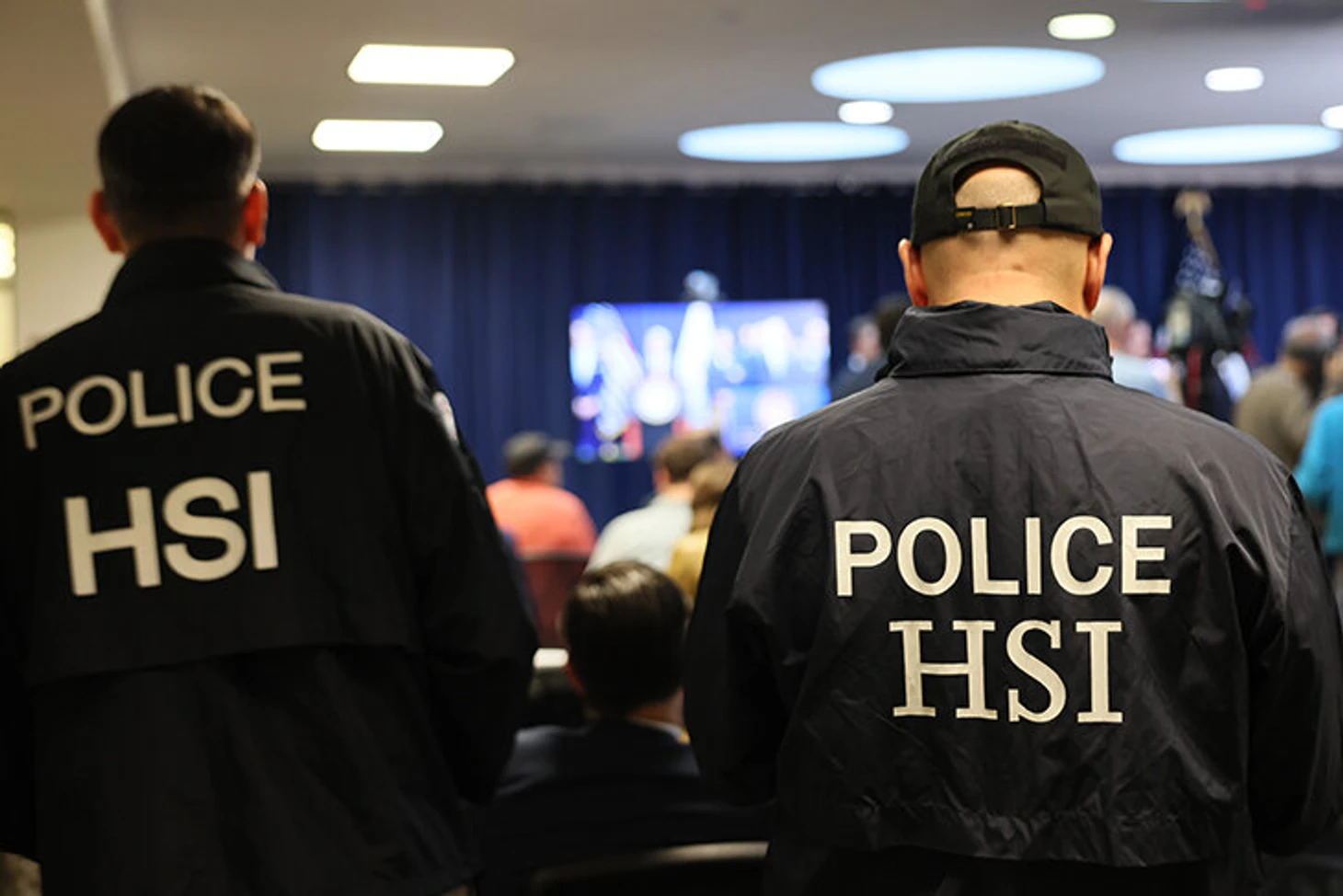
Two different storylines — one conclusion. The NBA is facing not merely ethical breaches but a challenge where sport and organized crime intersect in the realm of betting and illegal gambling. The judicial outlook for Rozier and Billups may differ, but for the league the consequences have already arrived: the rules of the game will likely change before the courts hand down verdicts.

